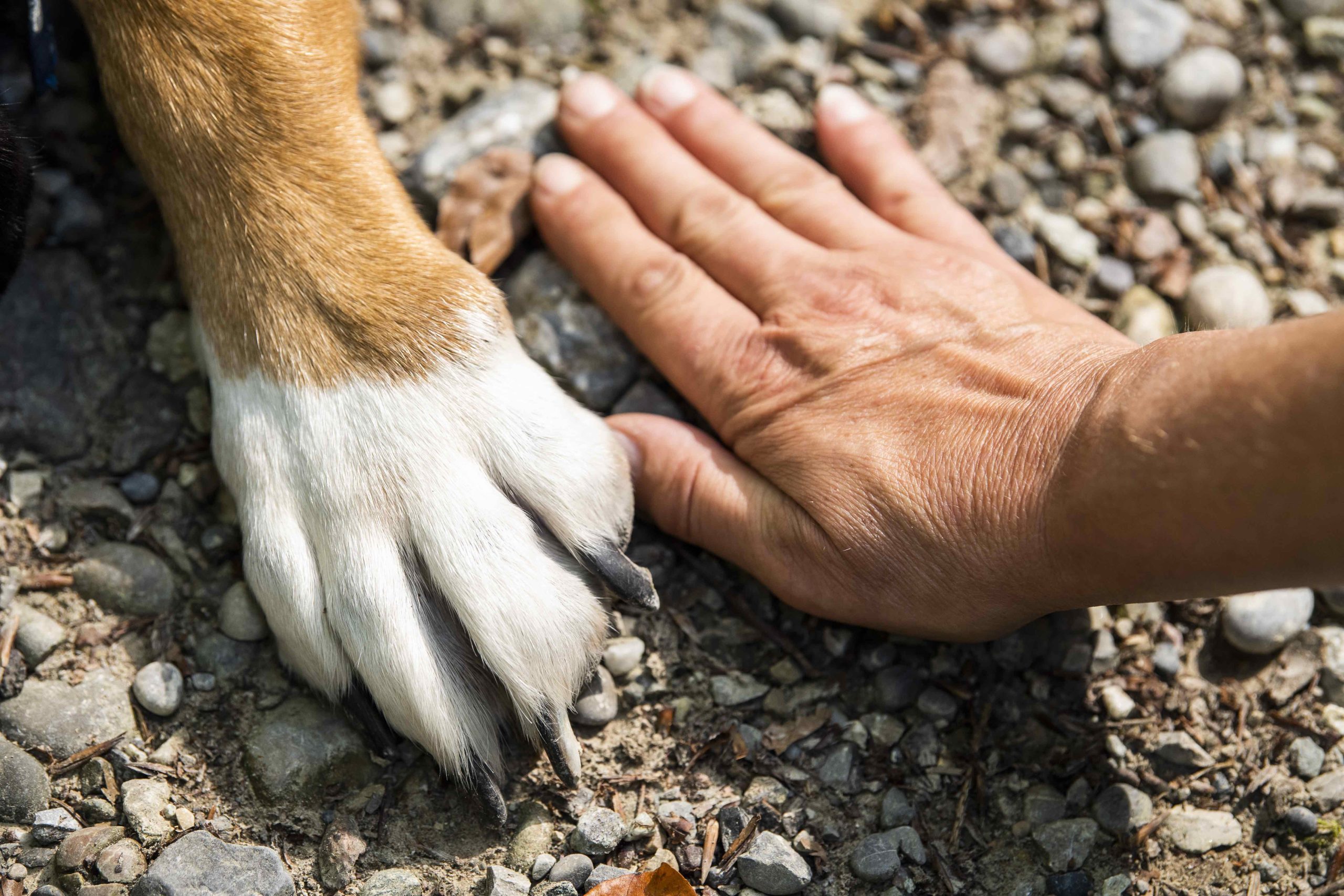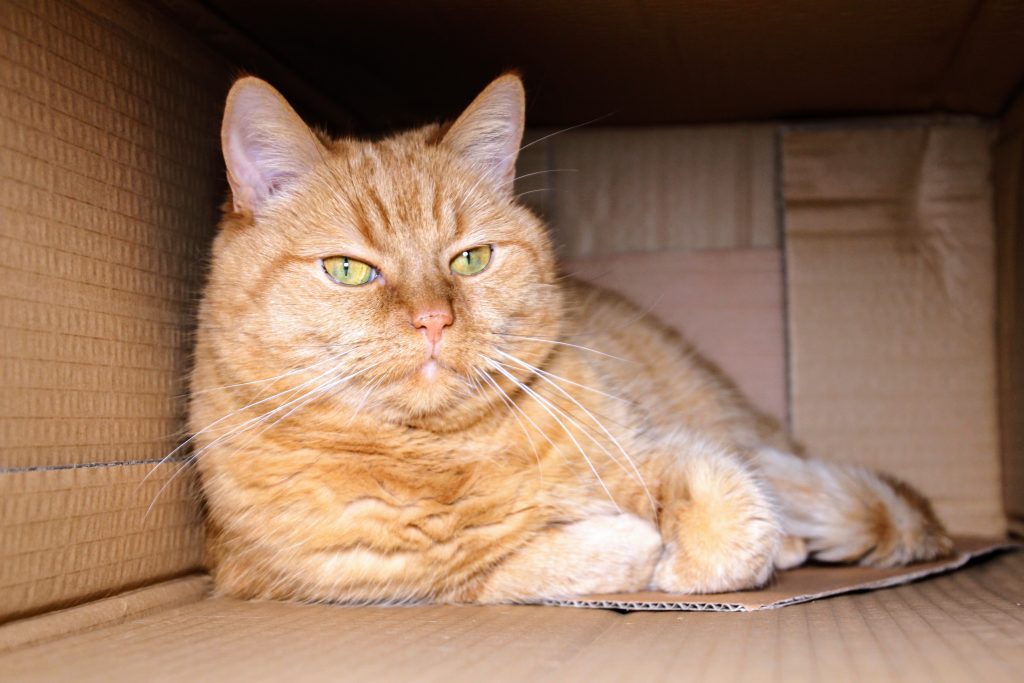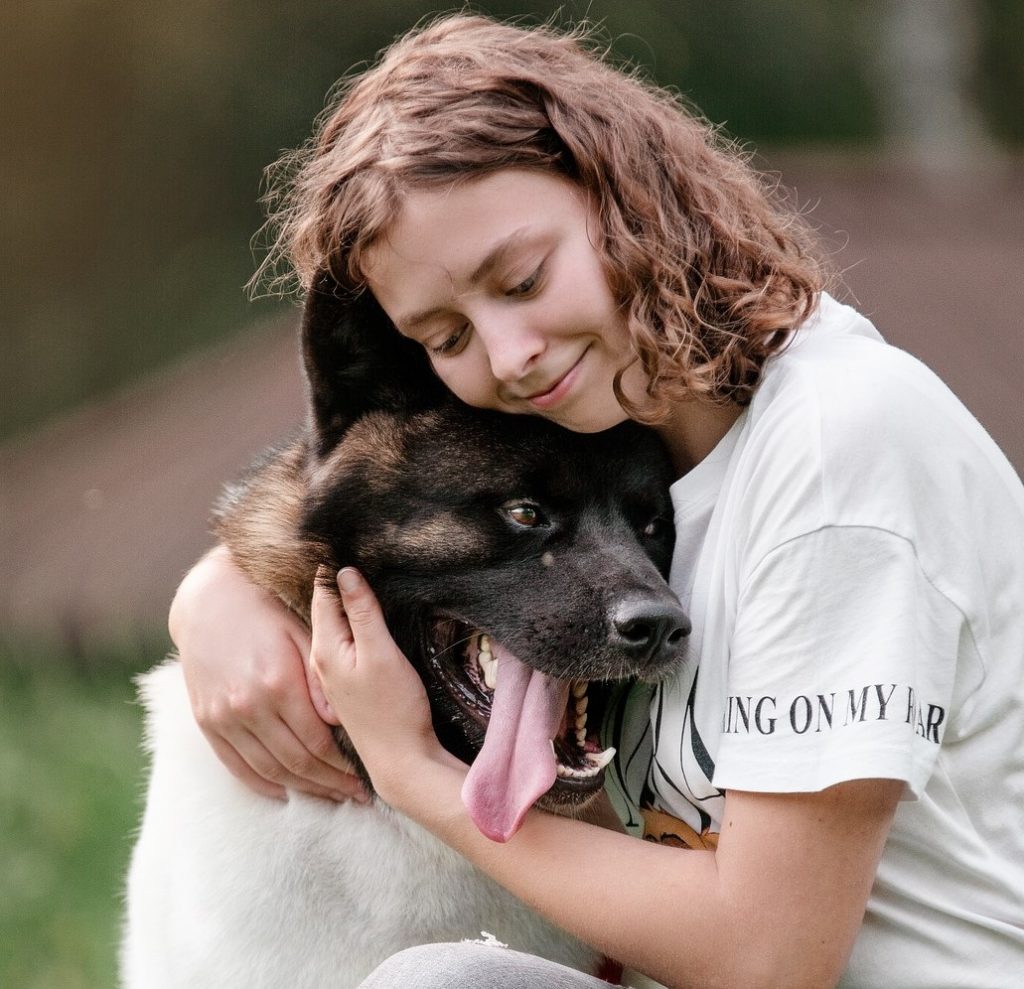While we may love to share our favorite snacks and meals with our beloved pups, many common human foods can be extremely dangerous and potentially life-threatening when consumed by dogs.
Causes: Dogs are naturally curious and will often eat things they shouldn’t, whether it’s out of boredom, hunger, or simple opportunity. Leaving toxic foods unattended or within reach can easily tempt a hungry pup. Additionally, some dogs may ingest harmful items out of compulsive disorders like pica.
Causes of Food Intoxication:
Toxic Foods and Ingredients: Many human foods, such as chocolate, onions, garlic, grapes, raisins, and xylitol (a common sugar substitute), can be highly toxic to dogs and cats. Even small amounts can cause severe reactions.
Spoiled or Contaminated Food: Consuming spoiled or contaminated food, including raw meat, dairy products, or leftovers, can expose pets to harmful bacteria, such as Salmonella or E. coli, leading to food poisoning.
Ingesting Toxic Plants or Substances: Pets can accidentally ingest toxic plants, chemicals, or household products that can cause food intoxication and other health issues.
Medication or Supplement Overdose: Consuming excessive amounts of certain medications or supplements intended for pets or humans can result in toxicity.
Symptoms of Toxic Food Ingestion:
When a pet ingests a toxic substance or contaminated food, the symptoms can range from mild discomfort to life-threatening emergencies. It’s crucial to recognize the signs of food intoxication early on to seek veterinary attention and increase the chances of a successful recovery. Here’s a more detailed look at the symptoms you should watch out for:
Vomiting and Diarrhea: One of the most common signs of food intoxication is vomiting and diarrhea. Vomiting may be accompanied by abdominal heaving, retching, or drooling, while diarrhea can range from loose stools to bloody or mucus-filled discharges.
Loss of Appetite: As the body tries to cope with the effects of the toxic substance, your pet may experience a loss of appetite or complete refusal to eat. This can be a sign of nausea, abdominal pain, or general discomfort.
Lethargy or Weakness: Pets suffering from food intoxication may appear lethargic, sluggish, or weak. They may have difficulty standing, walking, or engaging in normal activities. This can be a result of the toxic effects on the body or dehydration from excessive vomiting and diarrhea.
Abdominal Pain or Discomfort: Depending on the nature of the toxic substance, your pet may exhibit signs of abdominal pain or discomfort, such as hunching, whining, or seeking relief by changing positions frequently.
Excessive Drooling or Panting: Some toxic substances can cause excessive salivation or drooling, while others may lead to increased panting or respiratory distress.
Seizures or Tremors: In severe cases of food intoxication, pets may experience seizures, muscle tremors, or uncontrolled shaking. This can be a sign of neurological disturbances caused by the toxic substance.
If you suspect your pet has ingested something toxic or is showing signs of food intoxication, do not wait for multiple symptoms to appear. Contact your veterinarian or the nearest animal emergency clinic immediately. Prompt medical intervention and supportive care can greatly improve the chances of a successful recovery.
Advice by our experts at CuddlyTails:
If you suspect your Little one has consumed a toxic food item, it’s critical to act quickly. Contact your veterinarian or the pet poison control hotline immediately. They may induce vomiting, give activated charcoal to bind the toxin, provide fluids, or implement other life-saving measures depending on the situation.
Preventive measures that can be taken:
The best way to prevent toxic food ingestion is to dog-proof your home and practice safe food storage:
Keep countertops and tables clear of food. Use secure trash cans with lids.
Store toxic items securely out of reach.
Never feed your dog table scraps or people food unless you’ve verified it’s safe.
Crate or confine your dog when preparing food.
Educate children and visitors about not feeding dogs people food.
Ongoing Care:
Monitor your dog closely: After a food intoxication incident, closely observe your dog for any lingering signs of illness, such as vomiting, diarrhea, lethargy, or abnormal behavior, and contact your vet if symptoms persist or worsen.
Follow dietary recommendations: Your vet may recommend a bland diet or specific dietary restrictions to help your dog’s digestive system recover from the intoxication.
Reinforce training: Use positive reinforcement training to discourage begging, counter-surfing, or other behaviors that may increase the risk of food intoxication in the future.
By being aware of the dangers and taking proper preventive measures, you can keep your furry friend safe from potentially deadly food toxins. If accidental ingestion does occur, seek veterinary care immediately for the best chance of recovery.
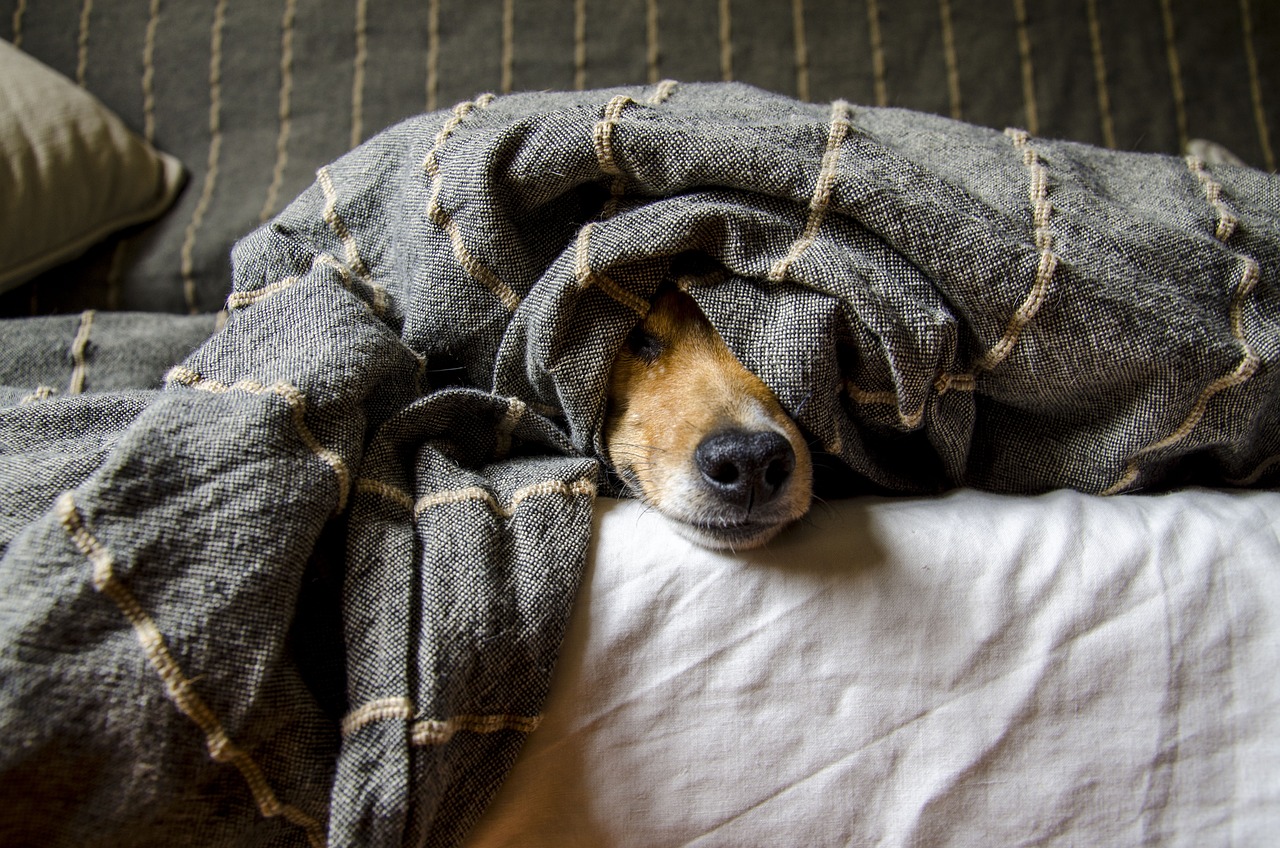

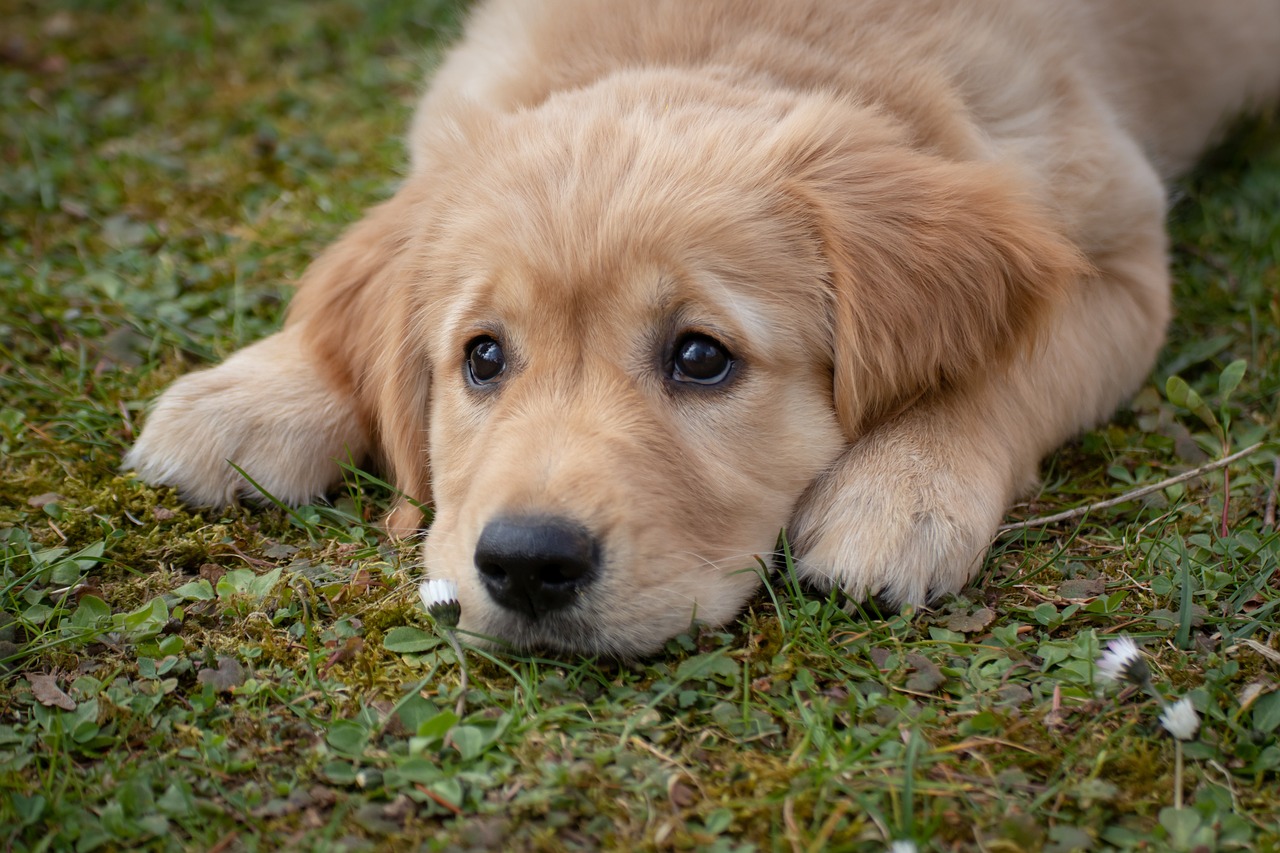

 On demand visits for urgent issues 24/7
On demand visits for urgent issues 24/7 